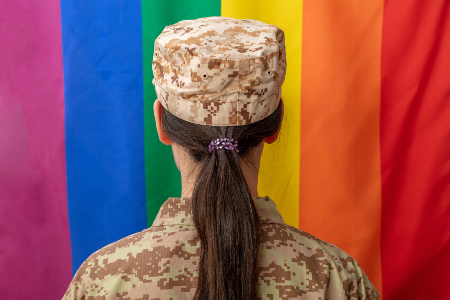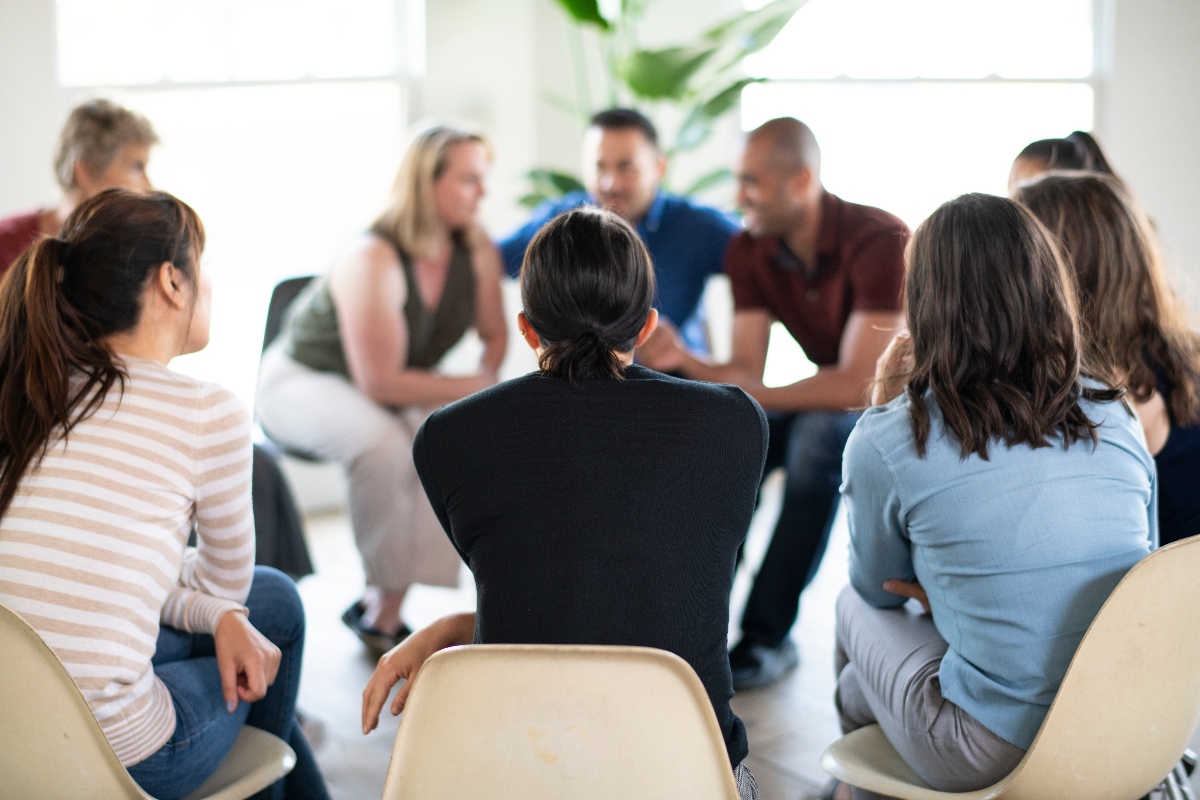LGBT Veterans – What You Need to Know
According to the United States Department of Veterans Affairs (VA), one million veterans identify as part of the LGBT community. Members of the LGBT community face more situations that lead to depression and anxiety. They may also have a higher instance of drug or alcohol abuse.
The treatment for mental health issues or drug and alcohol abuse should consider their military service. And at the same time should consider their sexual orientation or gender preferences. Both groups have technical concerns; when combined, the entire person needs to be treated.
LGBT veterans served their country, and we owe them a debt that can never be repaid. A veteran who identifies as a homosexual, lesbian, bisexual, or transgender should receive treatment that accepts their sexual orientation and gender identity.
How Many LGBT Veterans Are There?
The VA believes there are around one million LGBT veterans, but this number could be more extensive. Members of the LGBT faced discrimination and bullying in the military. For many years, they weren’t allowed to admit to their sexual or gender identity preferences and remain in the military.
LGBT veterans served during many war and peacetime periods, and these include:
- World War II
- Korean War
- Vietnam War
- Grenada
- Panama
- Lebanon
- Operation Enduring Freedom (Afghanistan)
- Operation Iraqi Freedom
In many cases, LGBT veterans faced a much more difficult time during their years in the military. They may display post-traumatic stress disorder (PTSD) more often than their straight, cisgender fellow veterans. It’s also been reported that they’re more likely to face drug and alcohol abuse issues.
It’s also important to note that these veterans already faced higher instances of bullying and mental health issues while in school. The LGBTQ community faces higher percentages of mental health issues and suicidal ideations. Their status as a veteran can exacerbate these issues. This is because of the treatment they received during their time in the military and the things they witnessed during conflicts.
Gender & Sexuality Differences in Veterans
Veterans have a variety of sexual preferences and gender identity preferences. This is true despite the military branches’ long history of not accepting members of the LGBT community or denying them altogether. Some men and women identify as the gender they were assigned at birth. However, they may prefer to have sexual relationships with members of the opposite sex.
For many years, lesbian, bisexual, and gay men and women weren’t allowed in the military or able to communicate their sexual preferences under the Don’t Ask, Don’t Tell policy. It was not until 2011 when Don’t Ask, Don’t Tell was repealed, and LGBT people could serve openly.
Some people, including veterans, don’t feel like their gender is the one they were assigned at birth. These veterans may struggle to become the person they want, including taking hormones and enduring medical procedures.
Common Issues with LGBT Veterans
LGBT veterans struggle with many of the same issues as their cisgender heterosexual counterparts. This is mainly because of the discrimination and bullying they experienced in the service.
Some of the most common issues an LGBT veteran deals with include:
- Anxiety
- Suicidal thoughts and tendencies
- Depression
- Bipolar disorder
- PTSD
- Homelessness
- Problems stemming from sexual assaults
These issues may occur in some straight veterans. However, when a person looks at the percentage of LGBT veterans, the occurrence of these conditions is higher. Also, the cases are more severe than other veterans. Male members of the LGBT veteran community seem to have the highest percentage of people suffering from mental health and addiction issues.
Unfortunately, the VA has been criticized for not tracking this type of information as well as they could. The VA doesn’t always note a veteran’s sexual or gender preference when they’re treated with one of these issues.
The percentage of LGBT veterans struggling with mental health and addiction might be more significant. Also, there might be more than the projected number of LGBT veterans.
LGBT Veteran Treatment Programs
It is always a good idea to work with a therapist and choose a program that specializes in treating both veterans and members of the LGBT community.
As LGBT veterans, their experiences, behaviors, and causes of mental health issues are different from other veterans. The therapist may use similar approaches but focuses on the problems that stem from the person’s experience.
Of course, the treatment program depends on the type of mental illness the LGBT veteran struggles with.
Some standard treatment programs include:
- Detox for drugs and alcohol
- Inpatient therapy
- Outpatient therapy
- Life Coaching
- One-on-one therapy sessions
- Group therapy
The LBGT veteran and their therapist will work together to choose the right program for the patient. It’s important that the LGBT veteran communicate their needs and how therapy is progressing to receive the best treatment possible.
Get LGBT Veteran Help with Solara Mental Health
When an LGBT veteran needs treatment for a mental health issue, they should find the right treatment center. They will need a place that understands the demands of being a veteran and a member of the LGBT community. It takes a layered approach and a compassionate therapist.
At Solara Mental Health, we offer veteran mental health services for all veterans. We also have proven experience treating veterans who are members of the LGBT community. Our staff strives to provide all patients with compassion and understanding to help the patient overcome their issues.





